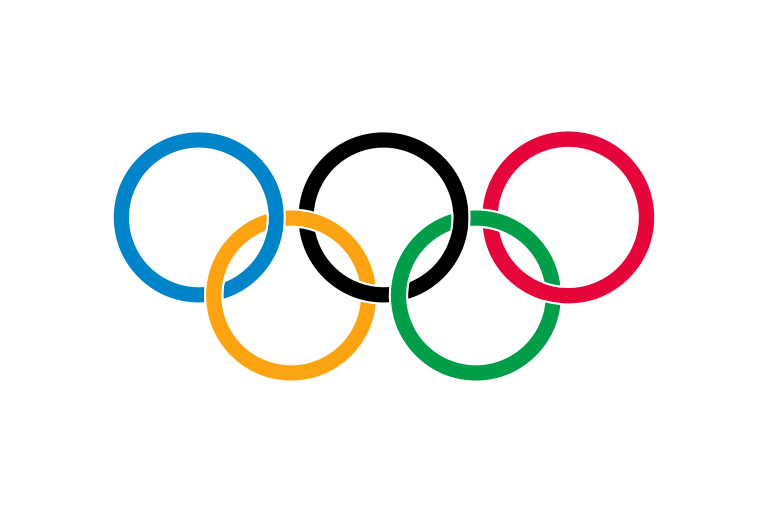Reading
The Olympic Games

Read the passage and do the task that follows
In ancient Greece athletic festivals were very important and had strong religious associations. The Olympian athletic festival, held every four years in honour of Zeus, eventually lost its local character, became first a national event, and then, after the rules against foreign competitors had been waived, international. No one knows exactly how far back the Olympic Games go, but some official records date from 776 B.C.
The Games took place in August by Mount Olympus. Many thousands of spectators gathered from all parts of Greece, but no married woman was admitted even as a spectator. Slaves, women and dishonoured persons were not allowed to compete. The exact sequence of events were uncertain, but events included boy's gymnastics, horse-racing, field events such as discus and javelin throwing, and the very important foot races. There was also boxing and wrestling and special tests of varied ability such as the pentathlon, the winner of which excelled in running, jumping, discus and javelin throwing and wrestling. The evening of the third day was devoted to sacrificial offerings to the heroes of the day, and the fourth day, that of the full moon, was set aside as a holy day.
On the sixth and last day, all the victors were crowned with holy garlands of wild olive from a sacred wood. So great was the honour that the winner of the foot race gave his name to the year of his victory. Although Olympic winners received no prize money, they were, in fact, richly rewarded by their state authorities. The public honour also made the strict discipline of the ten-month training period worthwhile. In spite of the lengthy training, however runners were known to drop dead from strain at the winning post. How their results compared with modern standards, we unfortunately have no means of telling.
After an uninterrupted history of almost 1,200 years, the Games were abolished in A.D. 394, the Christian era, because of their pagan origin. It was over 1,500 years before there was another such international athletics gathering. The Greek institution was revived in 1896 and the first small meeting took place in Athens. After the 1908 London Olympics, success was re-established and nations sent their best representatives. In times of peace, the Games have taken place ever since at four-yearly intervals. In Munich in 1972, competitors from more than 120 countries were watched by huge crowds.
Nowadays, the Games are held in different countries in turn. The host country provides vast facilities, including a stadium, swimming pools and living accommodation, but competing countries pay their own athletes' expenses. Athletic contests are still the main feature, but now many more sports are represented, women compete, the ancient pentathlon, for example, has been modified into a more comprehensive test, and the marathon races, initiated in 1896, are now a celebrated event.
Nguồn: Internet
 Lớn hơn
Lớn hơn Nhỏ hơn
Nhỏ hơn








0 comments:
Post a Comment